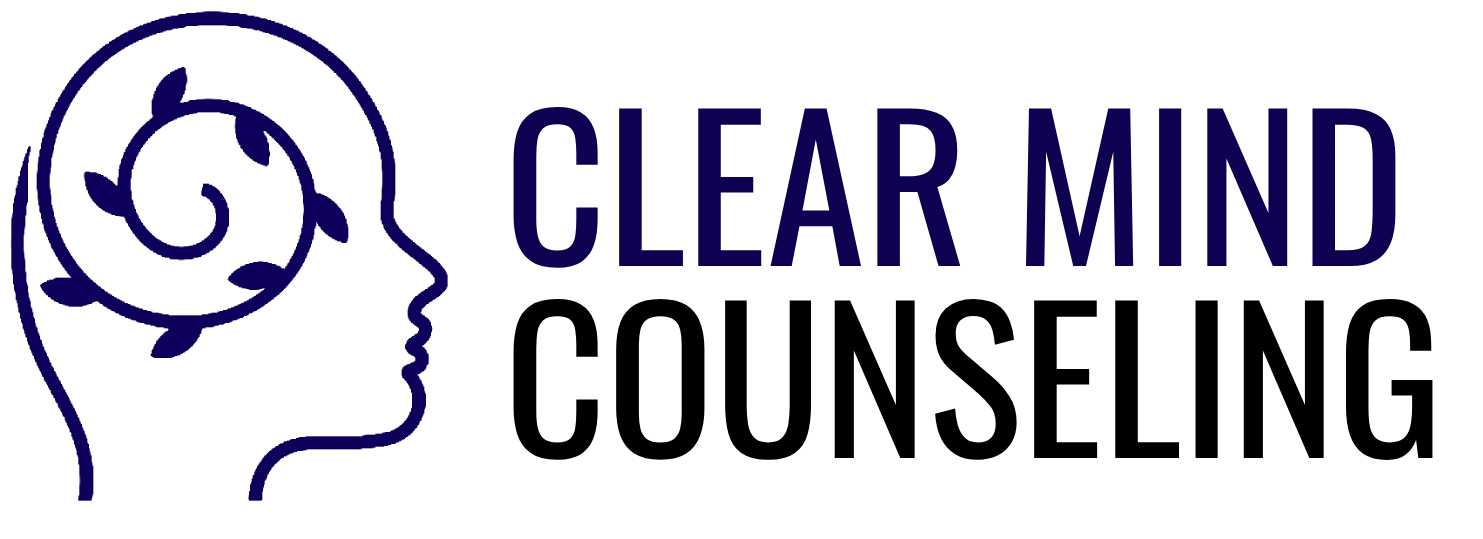Social Anxiety Counseling
Overview
Is anxiety taking over your life?
Does it feel like you can’t control it, no matter how hard you try? Have you already tried therapy but found it ineffective?
If this sounds like you, I can help. In therapy, we can work together to identify specific concerns and develop concrete skills and techniques for coping with your anxiety.
Anxiety is very treatable
The majority of patients who suffer from anxiety are able to reduce or eliminate symptoms after several (or fewer) months of the right kind of therapy, and many patients notice improvement after just a few sessions.
I use evidenced-based therapeutic techniques to help my clients manage their anxiety.
Cognitive Behavioral Therapy
is a modality that helps my clients identify, reality test and master the patterns of thought that cause their anxiety to spike. Mindfulness techniques replace catastrophic, anxious thinking with present-moment awareness. My clients learn to ground themselves in the real world and unlearn the habit of imagining a threatening future.
Dialectical Behavioral Therapy
helps clients manage emotions and dare to plan for a future in which their dreams and hopes become a reality and their lives become worth living. I teach my clients to notice their thought habits and break the negative ones, ground themselves in the physical world mindfully and free themselves from anxiety to face their future with optimism and confidence.
Often, these are the symptoms of anxiety:
- Nervousness, restlessness or being tense
- Feelings of danger, panic or dread
- Rapid breathing or hyperventilation
- Increased or heavy sweating
- Trembling or muscle twitching
- Weakness or lethargy
- Difficulty focusing or thinking clearly about anything other than the thing you’re worried about
- Insomnia
